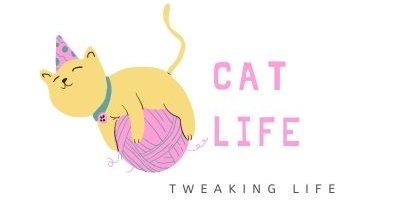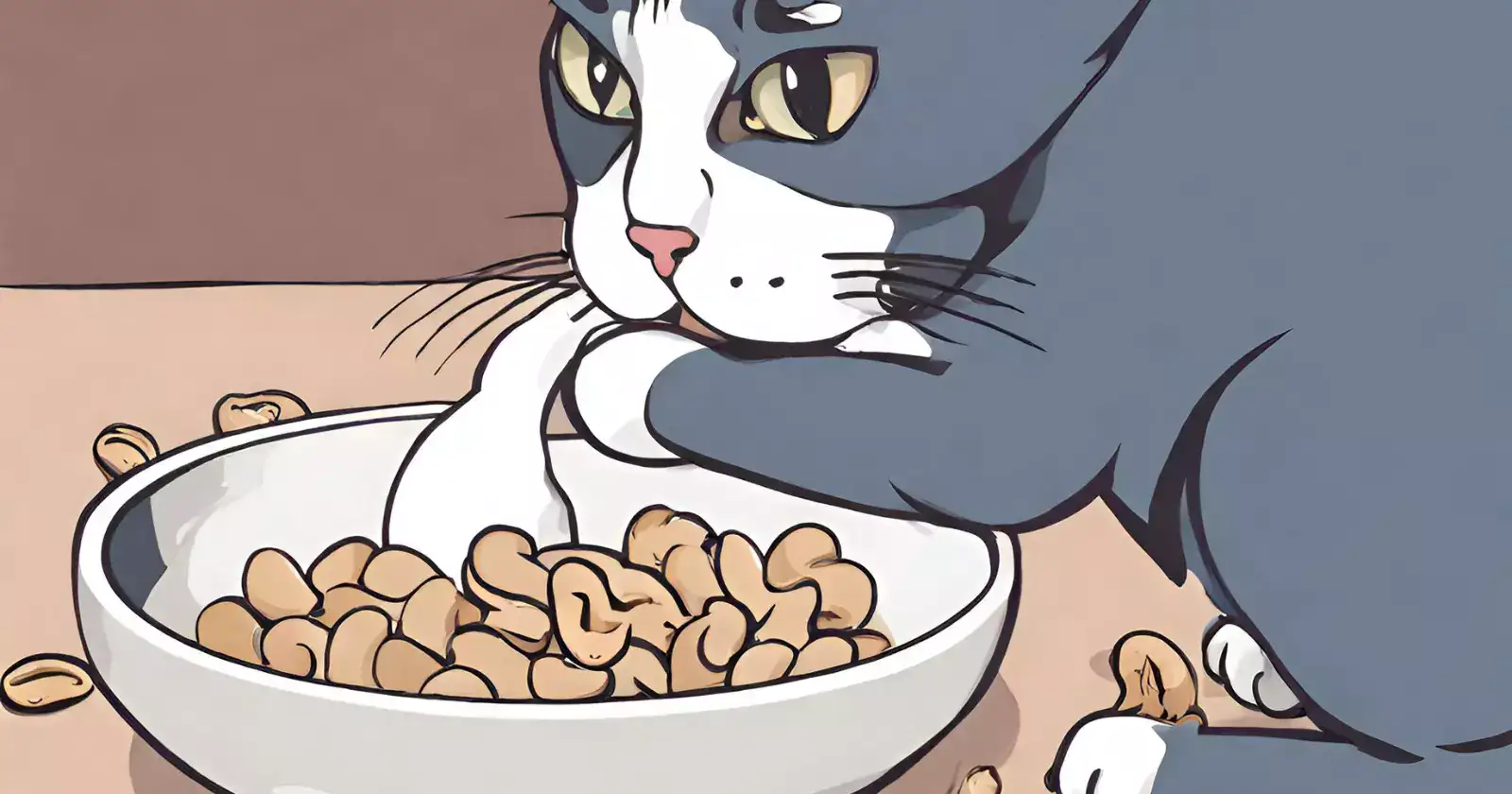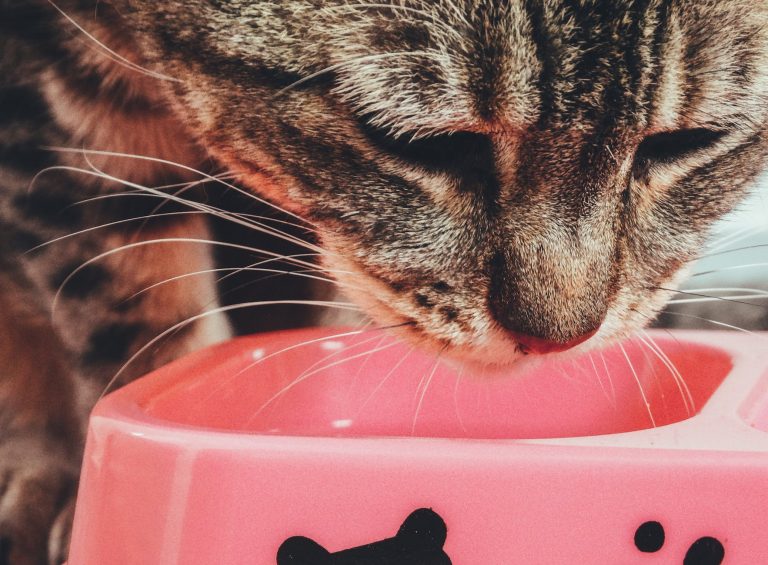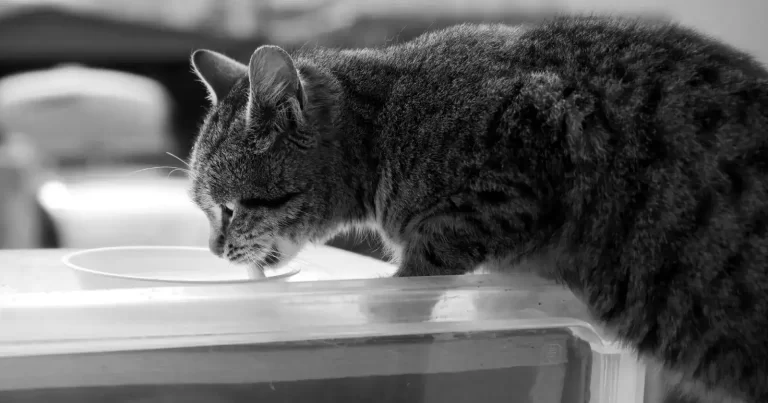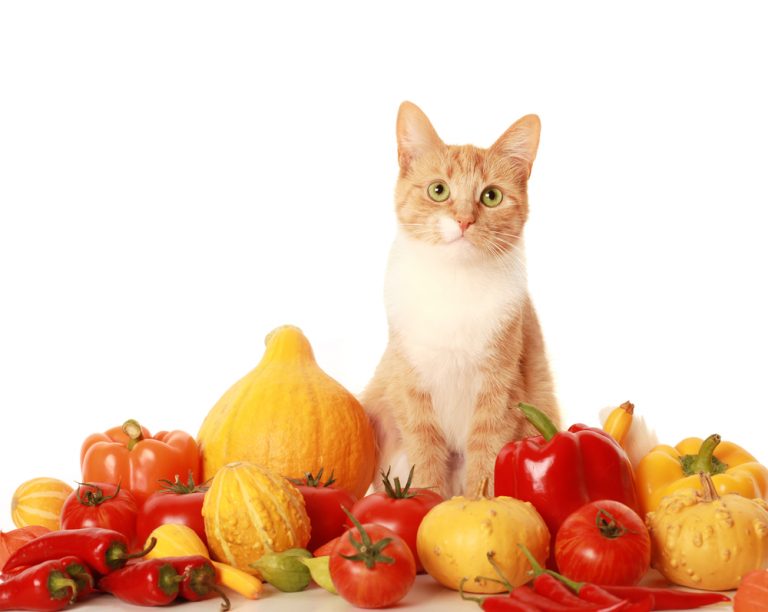Can Cats Drink Cashew Milk: 4 Major Dangers
In the recent past, there’s been a massive growth in the popularity of vegan diets and plant-based milk. I’m pretty sure you searched something along the lines of “Can cats drink cashew milk”. Now, while plant-based milks are completely safe for humans, can the same be said for cats?
Key takeaway:
- Cats can drink cashew milk.
- Too much cashew milk can cause stomach upset in cats.
Can Cats Drink Cashew Milk Safely?
Cats can drink cashew milk. However, this plant milk is not proper nutrition for cats and should only be given occasionally. Additionally, the introduction of a new protein source can trigger an allergic reaction in cats.
Nutritional Composition of Cashew Milk
Before your cats drink cashew milk, it’s important to understand this vegan milk.
Cashew milk is a dairy-free alternative made by blending cashews with water, often fortified with vitamins and minerals. Unlike cow’s milk, cashew milk is naturally lactose-free, making it suitable for individuals and, potentially, our feline friends.
Cashew milk boasts a range of nutrients, including healthy fats, proteins, and essential vitamins such as vitamin E and B vitamins.
These components contribute to cashew milk’s creamy texture and nutty flavor, providing a tempting appeal for those looking to diversify their cat’s diet.
| Nutrient | Cat daily dietary requirement | Cow milk (g/100ml) | Cashew milk (g/100ml) | Cat milk (g/100ml) |
| Carbohydrate | – | 1 | 12 | 1 |
| Protein | 12.5g | 2.9 – 6 | 0.42 | 8.7 |
| Saturated fat | 5.5g | 0 – 2.3 | 0 – 0.880 | 9 |
| Lactose | 0-6g | 5 | 0 | 4.2 |
Potential Benefits of Cashew Milk for Cats
1. Cats Drink Cashew Milk for Hydration Boost
Cats are notorious for their indifference towards water, and some may struggle to maintain adequate hydration levels.
Cashew milk, with its enticing taste and texture, can serve as an appealing way to encourage water consumption in cats that are less inclined to drink.
2. Cats Drink Cashew Milk for Its Nutrient Diversity
Cats drink cashew milk and gain potential health benefits from the nuts’ nutrient density.
Cashew milk introduces healthy fats, proteins, and essential vitamins, such as vitamin E and B vitamins, into your cat’s diet.
When offered in moderation, it may act as a supplementary source of nutrition, potentially enhancing the overall balance of your cat’s diet.
Potential Risks of Cashew Milk for Cats
1. Allergies
Some cats drink cashew milk and develop allergies. Cashews are tree nuts, and though the milk is processed differently, there is still a risk of an allergic reaction.
Monitor your cat closely for signs of allergies, such as itching, vomiting, or diarrhea.
2. Digestive Upset
Some cats drink cashew milk and start experiencing stomach upsets. This mostly happens in cats who have sensitive digestive systems, and introducing new foods can lead to gastrointestinal upset.
Diarrhea and stomach discomfort are possible side effects if your cat’s digestive system doesn’t agree with cashew milk.
3. Cashew Milk Can Cause Malnutrition in Cats
Although cats drink cashew milk, it can easily lead to malnutrition if drank regularly. Cashew milk, like other nut-based alternatives, contains a higher proportion of fat compared to protein.
Cats, as obligate carnivores, thrive on a diet rich in animal-sourced proteins, making cashew milk less than ideal for their nutritional needs.
The carbohydrate content in cashew milk further deviates from the feline dietary requirements, potentially leading to digestive issues.
4. Preservatives in Commercial Cashew Milk
An often overlooked aspect is the presence of preservatives in commercially available cashew milk. While essential for shelf life in human products, these preservatives may not be as safe for feline consumption.
The concentration approved for human consumption may pose potential risks to our smaller, four-legged companions.

Can Cats Drink Vegan Milk? 7 Vegan Milk Types Truthfully Explained
Can Cashew Milk Kill Cats?
Cashew milk can’t kill cats especially when drank in moderation. However, this vegan milk will most likely cause your cat gastrointestinal problems (diarrhea, vomiting) from the high-fat content.
Considerations Before Giving Your Cat Cashew Milk
Before pouring a bowl of cashew milk for your curious cat, consider the following factors:
1. Moderation is Key
Cats drink cashew milk but like any treat or supplement, cashew milk should be offered in moderation. A small amount as an occasional treat is more appropriate than making it a regular part of your cat’s diet.
2. Watch for Allergic Reactions
Keep a close eye on your cat for any signs of allergies or adverse reactions after consuming cashew milk. If you notice symptoms like itching, swelling, or difficulty breathing, seek veterinary attention immediately.
3. Consult Your Veterinarian
Before introducing any new food into your cat’s diet, consult with your veterinarian. They can provide personalized advice based on your cat’s health, dietary needs, and potential allergies.
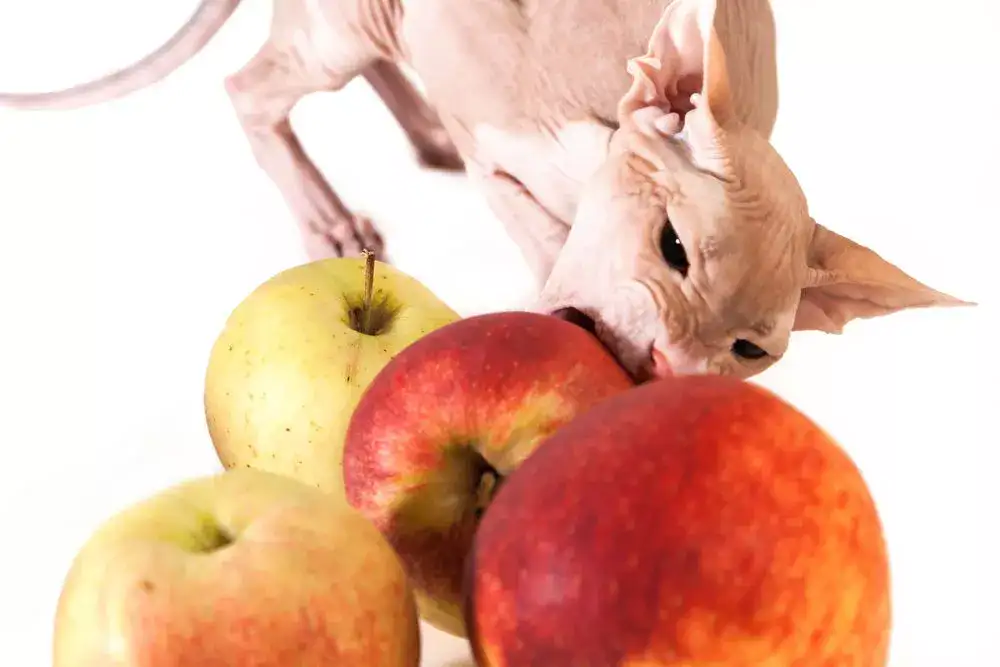
Cats on a Vegan Diet: Benefits and Feeding Tips
FAQ
Can Cats Eat Cashews?
While cashews are not toxic to cats, they don’t offer significant health benefits either. Cats require a high-protein diet, and their nutritional needs can’t be primarily met through cashews.
The high fat content and added salt in cashews can lead to stomach upset, vomiting, and diarrhea in cats. The potential risks, while not toxic, warrant prudence in introducing cashews into a feline diet.
